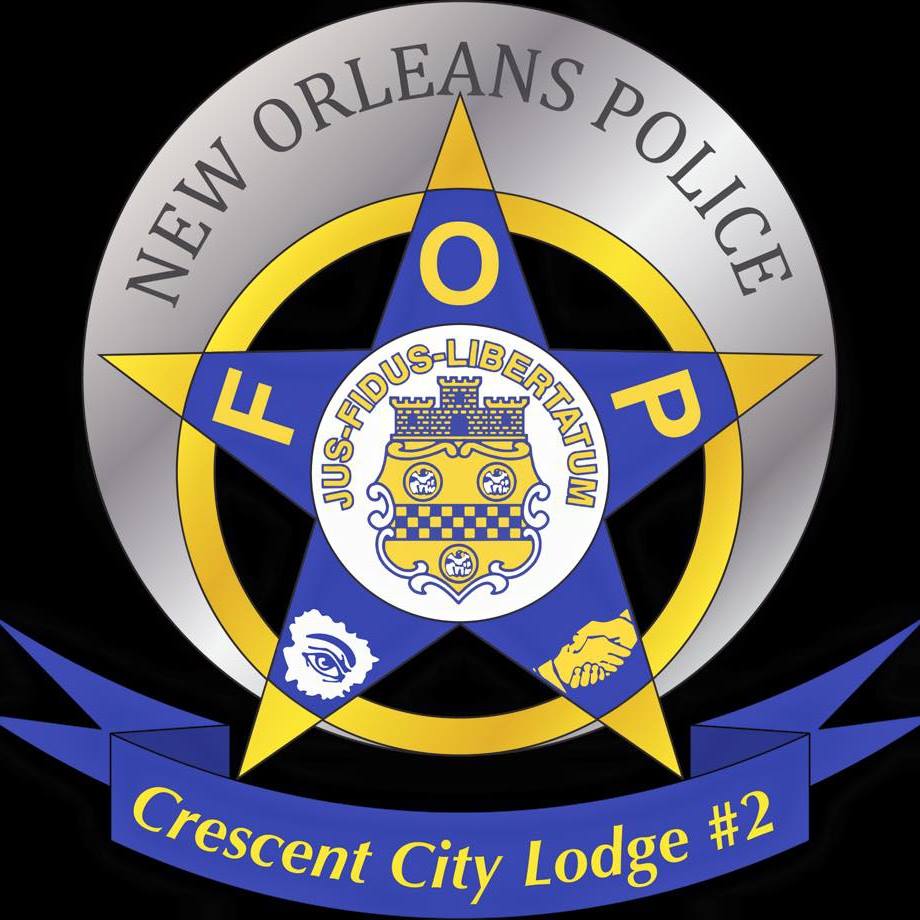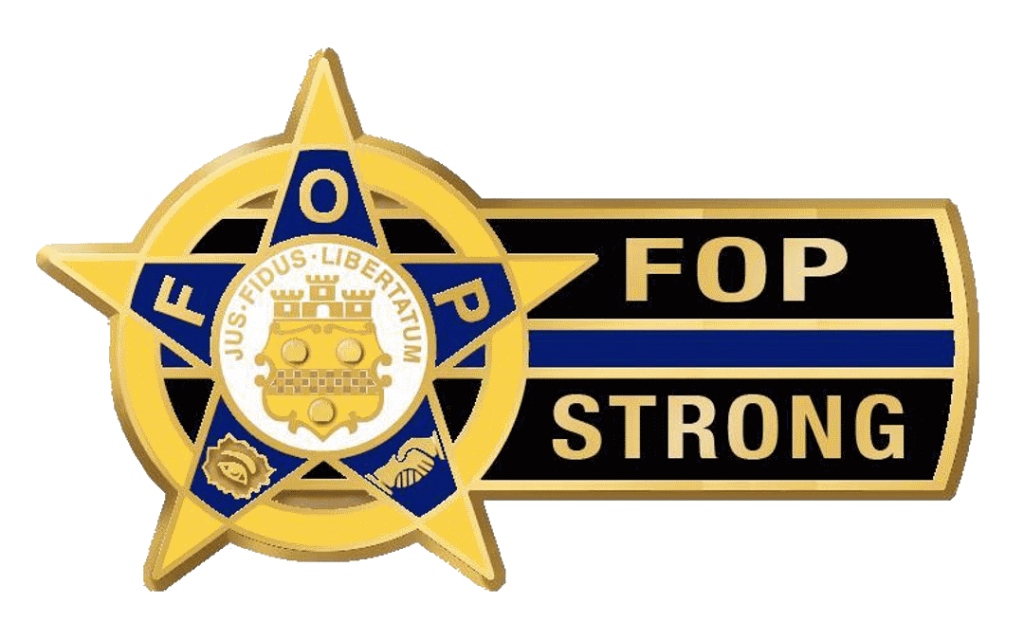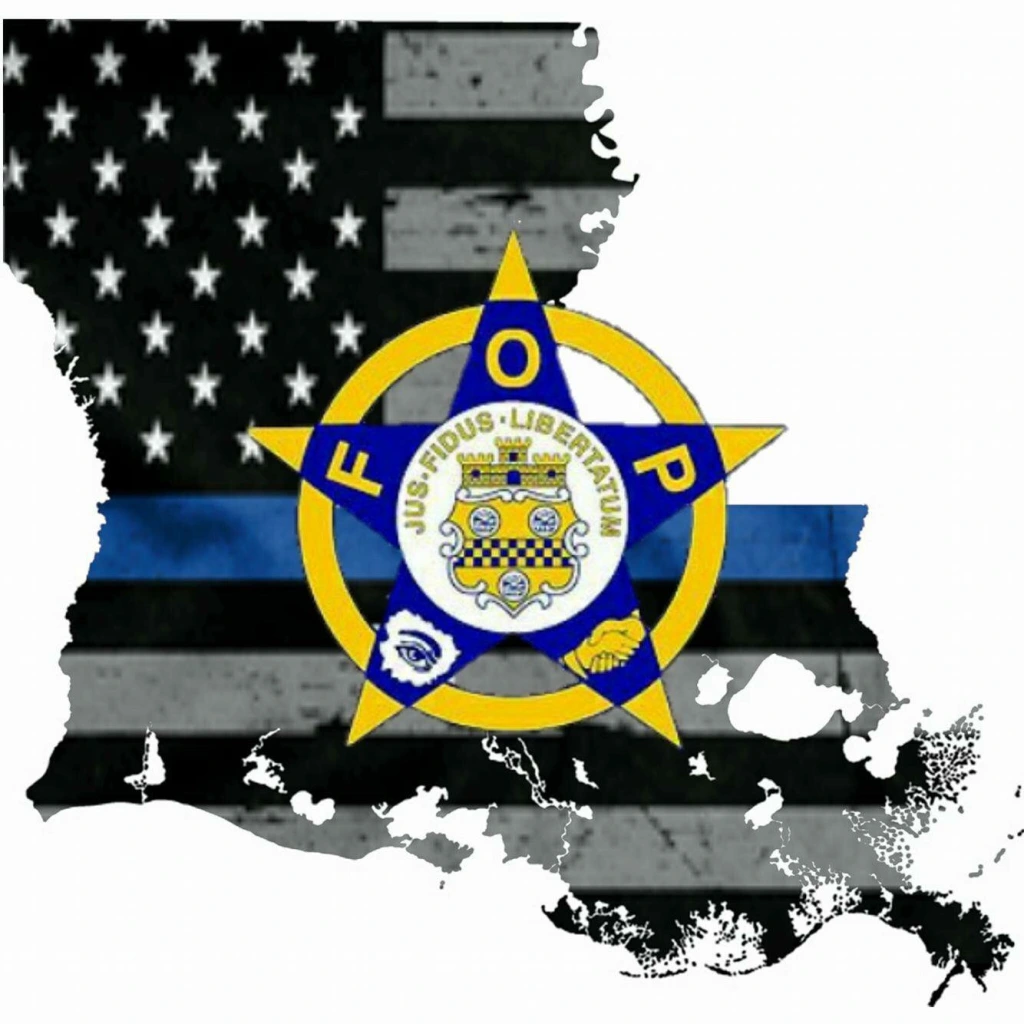
On April 9, National Fraternal Order of Police (“NFOP”) President Pat Yoes, former Louisiana FOP (“LAFOP”) President, announced changes to the federal Public Safety Officers’ Benefit (“PSOB”) program as it relates to COVID-19 deaths.
If you are not familiar with the federal PSOB program, it is administered by the Department of Justice’s Bureau of Justice Assistance. Click here for more information on PSOB. The PSOB program pays a benefit of $365,670 to the family of a law enforcement officer killed in the line of duty. PSOB also pays up to $1,248/month for education expenses for the children of an officer killed in the line of duty. Click here for more information on the PSOB benefit, which changes every year. Click here for the PSOB Fact Sheet.
The PSOB includes deaths caused by “infections diseases” already, but establishing that an officer died from an infectious disease contracted in the line of duty can be difficult. In light of the current circumstances as it relates to the SARS-CoV-2 virus and COVID-19, the resulting illness, the Department of Justice published new guidance regarding PSOB benefits.
In general, BJA will find that the evidence shows a public safety officer with COVID-19 contracted it in the line of duty, when (1) the officer had engaged in line of duty action or activity under circumstances that indicate that it was medically possible that the officer was exposed to the virus, SARS-CoV-2, while so engaged; and (2) the officer did contract the disease, COVID-19, within a time-frame where it was medically possible to contract the disease from that exposure. In addition, in the absence of evidence showing a different cause of death, BJA generally will find that the evidence shows a public safety officer who died while suffering from COVID-19 died as a direct and proximate result of COVID-19.
Of course, we would prefer that everyone is able to make it home from work at the end of every shift safely. Unfortunately, with deaths piling up across the United States, we know that is not reasonable. Some law enforcement officers have already been killed by COVID-19.
The guidance from the Department of Justice as it relates to PSOB benefits essentially makes the families of law enforcement officers who die from COVID-19 presumptively eligible for PSOB benefits as long as it is not medically impossible that the officer contracted COVID-19 in the line of duty.
Merely coming into contact with members of the public or co-workers makes it medically possible an officer is exposed to the SARS-CoV-2 virus. Hopefully, at some point soon, we will have a vaccine for this virus. Until then, every additional close interaction with another human being carries with it an increased risk of being exposed to the virus. The DOJ recognizes this in the 1st part of its guidance.
Additionally, it looks like symptoms of COVID-19 can begin as far out as 14-21 days from exposure to the SARS-CoV-2 virus. Furthermore, once someone develops symptoms, those symptoms could last for 14-21 days (or longer). The DOJ recognizes this in the 2nd part of its guidance.
Finally, the DOJ recognizes that if an officer was suffering from COVID-19 at the time of the officer’s death, it is most likely the death was caused by COVID-19 unless there is evidence of a different cause of death.
In short, the DOJ’s guidance to BJA is that as long as it is not medically impossible for an officer to have been infected by the SARS-CoV-2 virus and to have contracted COVID-19 as a result of “line of duty action or activity,” then BJA is going to assume that officer’s death to be eligible for PSOB benefits.
While this does not make reporting to work any safer, maybe it can provide law enforcement officers will a little sense of security that their families will receive the PSOB should they make the greatest sacrifice while protecting the public during this coronavirus pandemic. Many thanks to our hometown President, Pat Yoes. Furthermore, thanks to Attorney General Barr and President Trump for their support of law enforcement during this unique time in our history.
The Fraternal Order of Police is the world’s largest organization of sworn law enforcement officers, with more than 330,000 members in more than 2,200 lodges. We are the voice of those who dedicate their lives to protecting and serving our communities. We are committed to improving the working conditions of law enforcement officers and the safety of those we serve through education, legislation, information, community involvement, and employee representation. No one knows the dangers and the difficulties faced by today’s police officers better than another officer, and no one knows police officers better than the FOP.
NFOP President Pat Yoes is a Captain for the St. Charles Parish Sheriff’s Office.
The Louisiana Fraternal Order of Police, led by President Darrell Basco, has over 6,000 members statewide. The Crescent City Lodge, with President Walter Powers, Jr., has about 2,000 of those members in Louisiana. About 1,100 of those 2,000 members are active members of the New Orleans Police Department. The remainder of Crescent City Lodge members is mostly retired members of the New Orleans Police Department. The Crescent City Lodge represents about 90% of active NOPD officers from Recruits to the Superintendent of Police.
Note: While it is ultimately up to the deceased officer’s agency to submit the PSOB application, the Fraternal Order of Police has assisted agencies with applications for PSOB benefits on numerous occasions.
Donovan Livaccari,
General Counsel
Louisiana FOP











